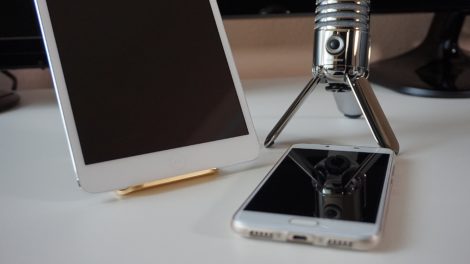
In many government contracts, a contractor provides personnel who work for the government. In most government contracts, the federal government Contracting Officer or Contracting Officer’s Representative (“COR”) does not have the power to require removal of employees of a government contractor. In short, the COR can’t order that an employee be terminated. But, a COR, or another government employee, can express displeasure with an employee. As a result, my government contractor clients frequently ask me what to do when a COR, or other government employee, “suggests,” but does not require, that an employee be terminated.
Those clients are placed in a Catch-22 situation with no easy answer. They want to keep the government customer happy to help ensure that they win renewals of the contract. But, without explicit instructions, those contractors do not have a completely solid basis for termination.
That’s the situation that one government contractor faced in Security Walls, Inc. v. National Labor Relations Board, No. 17-13154, 2019 WL 1771291 (11th Cir. Apr. 23, 2019). Security Walls, Inc. provided security guards to the Internal Revenue Service for its facility in Austin, Texas. Three security guards negligently allowed visitors to enter the facility undetected. In response, the Contracting Officer Representative wrote to Security Walls and said: “If individual guards do not have the character and self-discipline to work at a federal installation and comply with the responsibilities associated, they will need to be removed.”
That seems like a pretty clear mandate. Yet, the COR never explicitly said that the three guards, in particular, needed to be fired. In fact, he suggested that the guards’ conduct did not constitute “careless behavior.” Nevertheless, Security Walls conducted an investigation and determined that the guards violated two standards from its Performance Work Statement with the IRS. Based on those violations, Security Walls terminated the guards.
But, the guards were members of a union, and Security Walls had a progressive discipline policy, which only permitted, at most, a two-day suspension for the guards’ conduct. As a result, the Union filed an unfair labor practices charge with the National Labor Relations Board. An Administrative Law Judge and the NLRB both ruled against Security Walls. Thus, Security Walls appealed to the Eleventh Circuit Court of Appeals.
At the Eleventh Circuit, Security Walls argued that its Performance Work Statement with the IRS superseded its collectively-bargained progressive discipline policy. The Eleventh Circuit was not persuaded. Judge Tjoflat was skeptical that Security Walls held “a get-out-of-jail-free care when it cannot simultaneously comport with both the PWS and the NLRA.” In fact, he found that Security Walls “might have voluntarily put itself between a rock and hard place from which there is no painless resolution.” Nevertheless, he found that nothing in the Performance Work Statement required the guards’ termination. Arguably, they violated the Performance Work Statement, but there was nothing in that statement mandating termination for violations. As a result, Security Walls could comply with both the PWS and the NLRA, and the Eleventh Circuit affirmed the decision of the NLRB.
The Security Walls decision is a classic example of the difficulties faced by government contractors when a government agency suggests, but does not require, termination of an employee. Those difficulties were compounded by collective bargaining issues. It’s easy to “Monday Morning Quarterback” Security Walls’ termination decision and conclude that they should have followed their progressive discipline policy rather than jumping straight to termination. But, in the heat of the moment with the IRS expressing clear displeasure over the guards’ performance, I can’t say that Security Walls’ decision was “wrong” from a business perspective.
From a business (rather than legal) perspective, Security Walls demonstrated to the IRS that they took their security obligations seriously and implemented prompt, serious consequences for breakdowns in security. In the long-run, that business decision may outweigh the legal risks and costs associated with terminating the guards. That risk/reward analysis must be conducted on a case-by-case basis by other contractors faced with similar dilemmas in the future. Naturally, I recommend that contractors include their attorneys in any such analysis.



